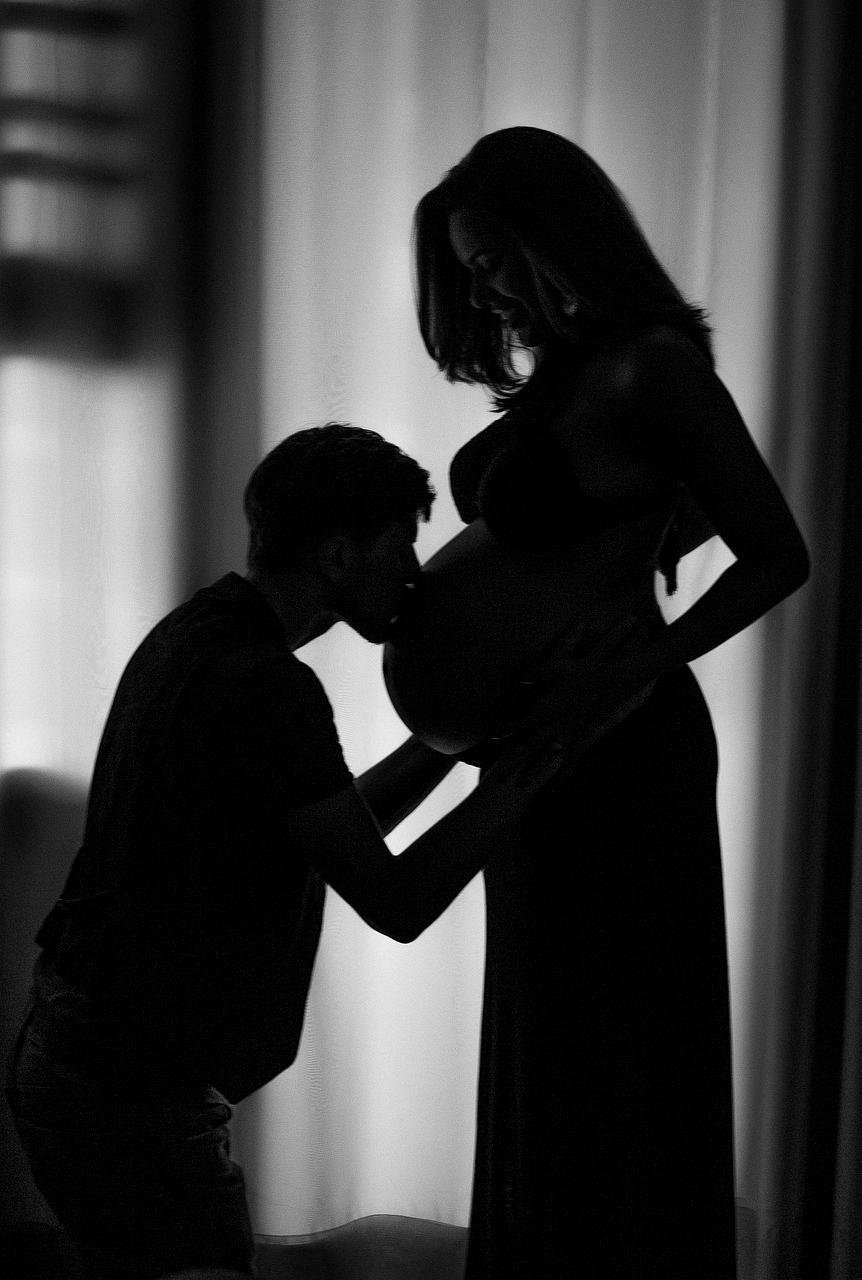When it comes to the consumption of hibiscus drink during pregnancy, there are important considerations that need to be taken into account to ensure the safety and well-being of both the mother and the developing baby.
One crucial fact to note is that hibiscus tea contains phytoestrogens, which are plant-based compounds that mimic the hormone estrogen in the body. While phytoestrogens can have beneficial effects on health in some instances, they may pose a risk during pregnancy due to their potential to stimulate the uterus and induce contractions.
Research suggests that the consumption of hibiscus tea during pregnancy could potentially lead to complications such as preterm labor. This means that pregnant women who are considering drinking hibiscus tea should exercise caution and consult with their healthcare provider before doing so.
For pregnant women, it is always recommended to err on the side of caution when it comes to consuming herbal teas, including hibiscus tea. The potential risks associated with phytoestrogens and their effects on pregnancy make it advisable to either avoid hibiscus tea altogether or seek safer alternatives.
During pregnancy, the priority is to safeguard the health and development of the fetus, which means making informed decisions about dietary choices. While hibiscus tea is known for its refreshing taste and potential health benefits, its safety during pregnancy is still a topic of concern due to the presence of phytoestrogens.
Given the potential risks associated with hibiscus tea consumption during pregnancy, it is advisable for expectant mothers to explore other herbal tea options that are considered safer for pregnancy. Choosing teas that have been deemed pregnancy-friendly by healthcare professionals can help mitigate any potential risks.
Considering the delicate nature of pregnancy and the crucial role that nutrition plays in fetal development, it is important for pregnant women to prioritize their health and well-being above all else. This includes being mindful of the foods and beverages they consume, including herbal teas like hibiscus tea.
While hibiscus tea may offer various health benefits for non-pregnant individuals, its safety during pregnancy remains a subject of uncertainty due to its phytoestrogen content. To minimize any potential risks, pregnant women should exercise caution and opt for herbal teas that are considered safe for consumption during pregnancy.
Ultimately, the decision to consume hibiscus tea during pregnancy should be made in consultation with a healthcare provider who can provide personalized guidance based on individual health status and pregnancy considerations. By seeking professional advice, pregnant women can make informed choices that prioritize their safety and that of their unborn child.
In conclusion, while hibiscus tea is a popular beverage known for its vibrant color and floral flavor, its safety during pregnancy is a topic of concern due to the presence of phytoestrogens that may pose risks to maternal and fetal health. Pregnant women are advised to approach hibiscus tea consumption with caution and consider alternative herbal teas that are deemed safe for pregnancy.

